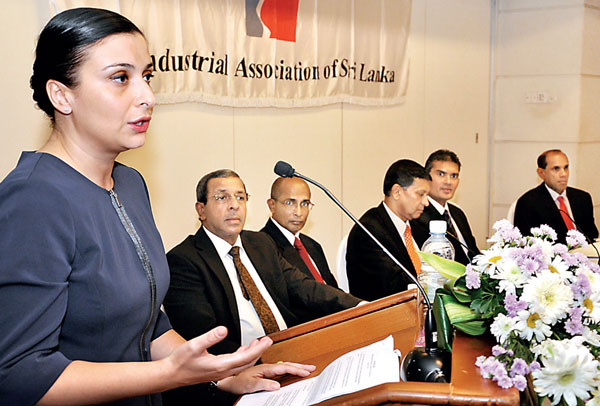01 Sep 2014 - {{hitsCtrl.values.hits}}
.jpg) in place is now gradually phasing out and thus it is time authorities shift focus on building the soft side of the infrastructure consisting of a sound regulatory and tax environment, skill building and human resource development, according to the International Monetary Fund (IMF).
in place is now gradually phasing out and thus it is time authorities shift focus on building the soft side of the infrastructure consisting of a sound regulatory and tax environment, skill building and human resource development, according to the International Monetary Fund (IMF).
.jpg)
25 Nov 2024 26 minute ago
25 Nov 2024 1 hours ago
25 Nov 2024 2 hours ago
25 Nov 2024 2 hours ago
25 Nov 2024 2 hours ago